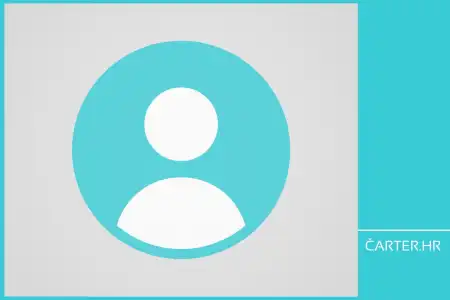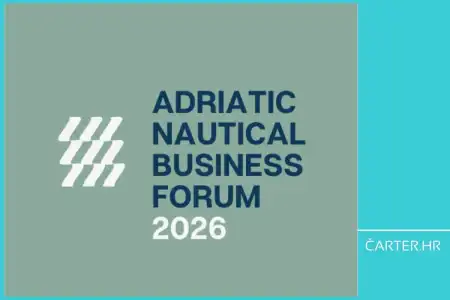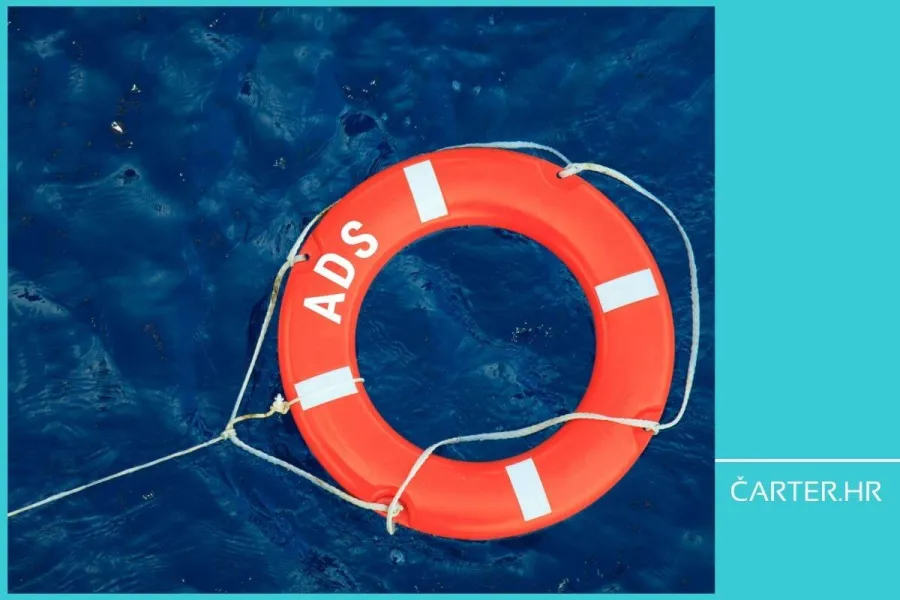
Marketing is frequently viewed as a short-term solution in the charter industry: "Let's do marketing to get bookings." But is that really how it works? This article unpacks the most common misconceptions: marketing is not sales, it’s not a business strategy, it’s not partnerships, and it’s certainly not a magic wand when the business model is already showing cracks. If your product isn’t clearly defined, if your audience and positioning are vague, or if your operations are shaky, marketing can’t fill in those gaps. In this column, Selma Ćubara shares grounded examples from the field, showing when marketing becomes a powerful lever and when it’s just an expensive distraction. For charter professionals who want to build stronger foundations, avoid the usual mistakes, and understand when (and how) marketing truly works.
What marketing is and what it absolutely isn’t
In industries like charter, where operations consume most of the daily focus, marketing is often either misunderstood or undervalued. It’s mistaken for advertising, social media activity, or “whatever the agency does.”
But marketing, at its core, is a business function that connects your offer to the market in a structured and meaningful way. It answers the question: Why should someone choose us, and not someone else?
It’s not sales. Sales is a transaction. Marketing creates the context that makes a transaction possible.
It’s not PR although it communicates.
It’s not partnerships, those require strategy, trust, and alignment.
And it’s not a business strategy itself. Strategy is where and why, marketing helps with how.
As I’ve written before: “Marketing without a strong business logic is like a sail without wind. You can raise it, it might look good, but you’re going nowhere.”
Marketing amplifies what already exists. If your foundation is solid it works. If it’s not, it only amplifies the chaos.
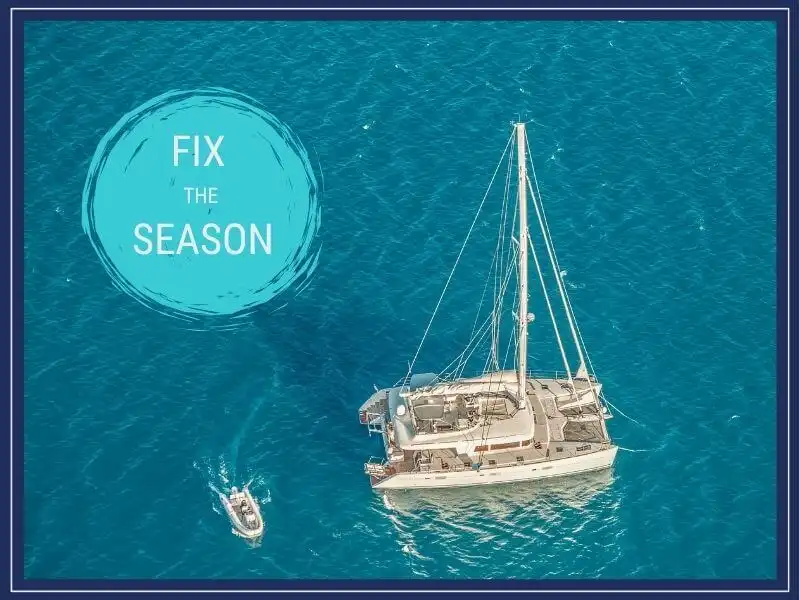
When marketing can’t help: The problem lies elsewhere
One of the most common requests I get is: "We need urgent help with marketing - sales are down."
But in many of these cases, the issue isn’t marketing. It’s deeper and marketing just brings it to the surface.
In the charter sector, companies often push ads expecting to “fix the season” even though their offer is vague, their prices unclear, or their guest experience inconsistent. The result? More visibility, yes, but also more friction, more dropouts, and more disappointment.
More traffic to a weak offer isn’t growth, it’s acceleration toward burnout.
Another common scenario: the moment one competitor drops prices, everyone else follows. But price is rarely the real issue. It only becomes decisive when everything else is equal - quality, trust, reviews, communication. If your yacht looks like every other, your reviews are average, and your responses slow, then yes, you’re competing only on price. And that’s a race no one really wins.
On the other side, companies that invest in clarity, guest experience, and reputation often charge more. Not because they’re more expensive, but because the market trusts them more. The issue is rarely competition. It’s positioning.
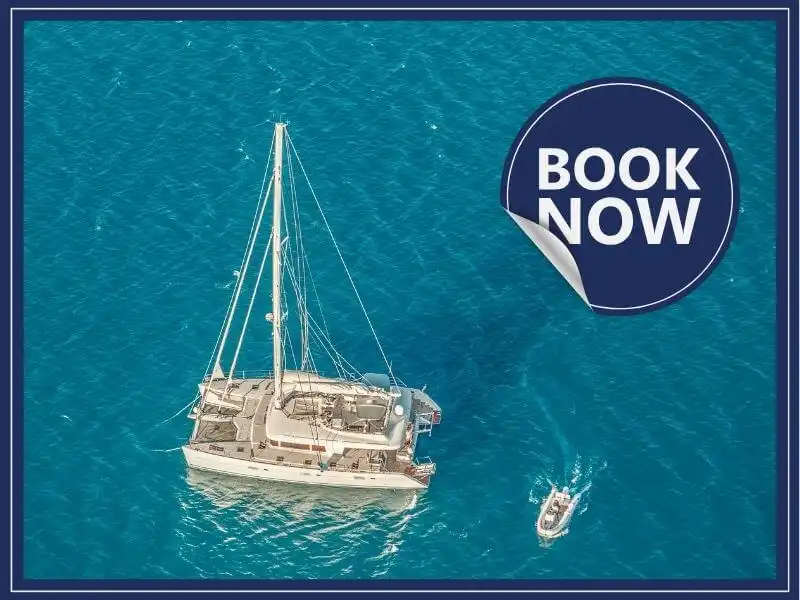
Marketing is a tool not a magic trick
When done right, marketing is a powerful tool. It can refresh your brand, spark interest with new audiences, build loyalty, and set you apart. But it only works when your internal systems are strong. Marketing can be a scalpel – but it won’t fix what’s broken at the core.
In charter, where differences between offers are often subtle, guests choose based on impressions: clarity, transparency, reviews, booking experience. If your emails take three days to answer, if your add-ons are hard to find, or your website frustrates, even the best Google Ads won’t help.
One of the bigger myths I’ve seen is the belief that “a good Instagram presence” will solve slow bookings. A company can spend months crafting posts and stories, hiring influencers – and still have empty weeks as the season nears. Why? Because social media builds recognition and trust over time. It doesn’t convert directly.
It becomes a problem when social media is used as a panic button, rather than part of a clear, long-term strategy. Great photos can spark interest, but they won’t fix an outdated booking system or vague pricing. Most users who find you on Instagram will go look for your reviews, website, or ask you directly – not book instantly.
So no, Instagram isn’t the problem. But it’s not the solution either, unless your business is ready for the attention it creates.
Lessons learned from the charter industry
The charter world is full of passionate, creative, hard-working people. But it’s also full of businesses that delay key decisions, hoping that “a little marketing” will turn the tide. That’s when friction between marketing teams and management often appears.
Across the board, I’ve seen three repeating patterns:
- Marketing is activated too late – often when the season is already slipping away
- There’s pressure for quick ROI – without understanding the customer journey
- No clear metrics are set – so results are measured emotionally, not analytically
For example, we once worked with a young charter company just entering the market. They wanted to grow visibility through social media and were open to collaboration. Together, we set up a basic strategy, SMART goals, and reviewed the initial setup.
But while the communication started well, key recommendations weren’t followed. The outdated website stayed as-is, the ad budget remained minimal, and there was very little new content to work with. We did what we could with what was available.
A few months later, they ended the collaboration, saying they didn’t see direct results in bookings. But the reality was more complex: the groundwork wasn’t implemented, goals were lost in daily operations, and performance wasn’t measured. Marketing entered too late, with short-term expectations, and no support from the business structure.
Digital literacy as a prerequisite for real marketing
Many charter companies still operate in silos: booking, ops, and marketing rarely talk to each other. Digital tools are used sporadically, not strategically. And this is one of the key reasons marketing efforts fall flat.
Digital literacy doesn’t mean knowing how to post a Story or open an ad account. It means understanding your user: what they’re thinking, where they hesitate, what they’re looking for. It means reading analytics and spotting that users drop off at step 3 of the booking form, or that your mobile site isn’t loading properly.
This matters even more in charter, where guests are often digital natives from countries with high expectations. “More followers” won’t help if you don’t know what those followers are doing, or why they’re not converting.
Without digital literacy, marketing becomes a string of random actions that burn time and money but don’t move the business forward. The problem isn’t the platform. It’s not knowing what you’re actually trying to do with it.
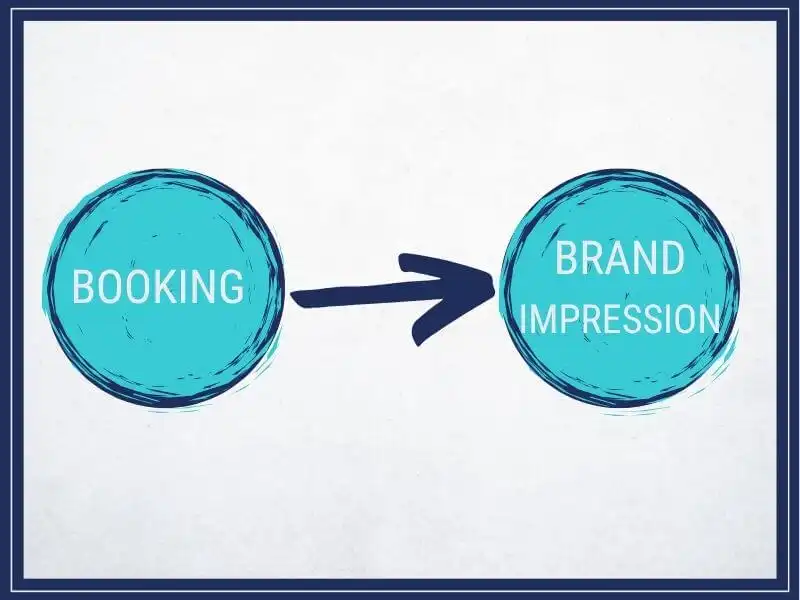
From booking to brand impression: When experience becomes marketing
Nowadays, user experience is marketing in the digital ecosystem.
Not the ad. Not the post. Not even the video.
It’s the feeling your guest has from their first click to their last day on the boat.
In charter, that means fast and clear communication, intuitive booking, personalisation options, and consistency across channels. Guests don’t just evaluate the boat they evaluate the entire journey. If your online presence looks great but your operations fall apart, the gap becomes visible very fast.
As I once put it: “The best marketing tool isn’t an ad – it’s the sense that someone made your decision easier and delivered what you expected.” In digital terms, that’s CX (Customer Experience). In charter, that’s the difference between a returning guest and a negative review that travels faster than your best campaign.
Marketing in the charter industry should never be an afterthought. It doesn’t belong at the end of the process – it needs to be woven into the core of the business. It should not be viewed as a last-minute rescue mission, but rather as a means to comprehend your guest, establish your brand, and maintain long-term relevance.
If some parts of this article resonate, that doesn’t mean you’re doing something wrong. It means it’s time to look honestly at your foundation. What’s working? What’s missing?
And then use marketing where it truly belongs, as a tool for clarity and growth, not illusion.
Need a fresh perspective one that’s grounded, realistic, and doesn’t come with buzzwords?
Let’s talk. The first conversation is free and often worth more than any campaign you’ve ever paid for.
Categories of trends
- News
- Sale
- Marketing
- SEO
- Web design
- Social media
- Technology
- Regulations
- Management
- Education
- Finances
- User experience
Newsletter
Sign up for the newsletter and receive the latest trends and tips straight to your inbox





